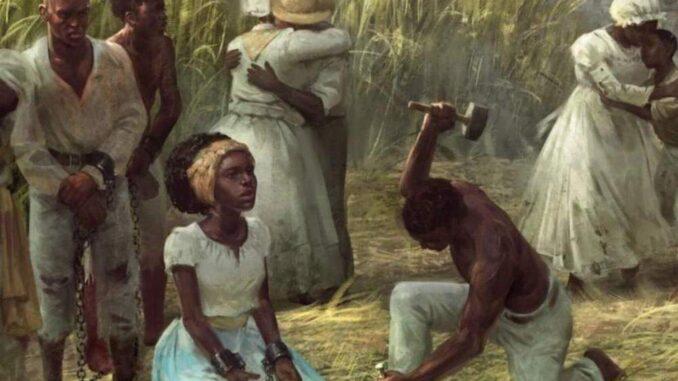
Contents
Guide to Colonization
Establishing Colonies
To establish colonies, you must have researched the Colonization technology, a tier 1 technology common to many recognized powers at game start. This unlocks Colonization laws as well as the Colonial Affairs Institution, which affects how quickly your colonies will grow.
You can establish colonies in strategic regions where you have declared an Interest, and within those strategic regions you can colonize a state region in which at least one state is controlled by a Decentralized nation. Once you’ve selected a location, one of the provinces in that state region will be the starting point for your colony. Having a colony in a state region does not give you a monopoly on it; other colonial powers can create competing colonies, resulting in split states and messy borders that are sure to generate diplomatic tensions in the future.
Colonial States
Colonial States are a special kind of state that is created by establishing a colony in a Decentralized nation or conquering territory from an Unrecognized power. A Colonial State that borders a non-colonial state belonging to the same country will lose its colonial status and become a regular unincorporated state. Colonial States have a bonus to migration attraction and are affected by certain modifiers from colonial laws and the Colonial Affairs institution. Since Colonial States cannot be incorporated, your institutions do not apply there, and pops living in these states cannot be taxed and will have very little political power to contribute to Interest Groups.
Colonial Growth
The rate of Colonial Growth is determined by your incorporated population, and modified by your Colony Growth Generation Speed (primarily affected by your investment in Colonial Affairs) as well as by local conditions in the State Region. The more colonies you have growing at once, the less quickly each colony will develop.
Colonial Unrest
While a colony is growing, it has a chance to generate Tension with neighboring Decentralized nations. If Tension rises too high, the Decentralized nation will begin a Native Uprising – a kind of Diplomatic Play – against you to retake their homeland and expel the invaders. Tension will slowly decay, but on average you can expect the factors advancing Tension to eventually outweigh its decay rate. Though it is very likely that the native inhabitants will be technologically outmatched by a colonial power, there are some factors that give them a fighting chance. Firstly, the colonial power needs to manage the logistics of transporting an army to the region while the Decentralized nation has the home advantage. Secondly, other nations with an Interest in the region can join the Diplomatic Play on either side.
Colonial Laws
Colonial laws are typically supported by the Armed Forces due to their Jingoist ideology, which causes them to advocate for an aggressive and expansionist foreign policy. The Industrialists, ever seeking new sources of profit, especially favor Colonial Exploitation, while the Rural Folk fear for their livelihoods if their agricultural jobs are replaced by cheap colonial labor.
Colonial Policy
One of the most important factors affecting Tension decay is your colonial policy. Colonial powers can choose between Colonial Resettlement, which encourages migration to colonies, and Colonial Exploitation, which improves building throughput in colonial states at the expense of reduced Tension decay and Standard of Living for pops in those states.





Be the first to comment